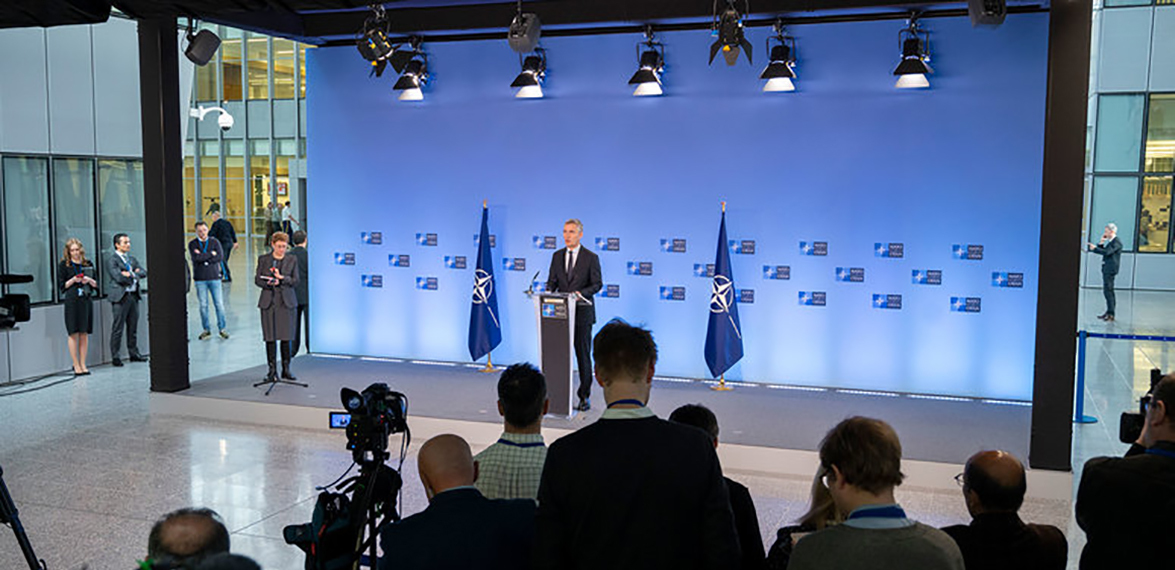North Atlantic Council meets after Turkish soldiers killed in bombing
Last week the Secretary-General of NATO, Jens Stoltenberg, announced a meeting with the North Atlantic Council, following a request from Turkey for Article 4 consultations on the situation in Syria.
On February 28th, 2020, the North Atlantic Council included the ambassadors of all 29 NATO Allies, met on the same day following this request.
Consultations were held under Article 4 of NATO’s founding Washington Treaty on the situation in Syria.
According to this article of the Treaty, any Ally can request consultations whenever their territorial integrity, political independence, or security is threatened.
Following the meeting, the Stoltenberg shared a statement regarding the discussions that took place.
“I spoke to the Turkish Foreign Minister Mevlut Cavusoglu last night about the situation in Syria, and he requested these consultations. Allies offer their deepest condolences for the death of Turkish soldiers in last night’s bombing near Idlib,” said the Stoltenberg.
“Allies condemn the continued indiscriminate airstrikes by the Syrian regime and its backer Russia in Idlib province. We call on them to stop their offensive. To respect international law. And to back UN efforts for a peaceful solution,” he continued.
The statement went on to encourage de-escalation, and avoid further worsening of the humanitarian situation within the region.
“We urge an immediate return to the 2018 ceasefire. Today’s meeting is a sign of solidarity with Turkey,” said the Secretary-General.
As a nation, Turkey is a NATO Ally most affected by the conflicts occurring in the region and has suffered the most terrorist attacks. The country hosts millions of refugees.
“NATO continues to support Turkey with a range of measures, including by augmenting its air defences, which helps Turkey against the threat of missile attacks from Syria,” concluded the statement.
The Stoltenberg thanked Turkey for briefing Allies on the situation in Syria and assured the nation that Allies would continue to follow developments on the South-eastern border of NATO closely.










